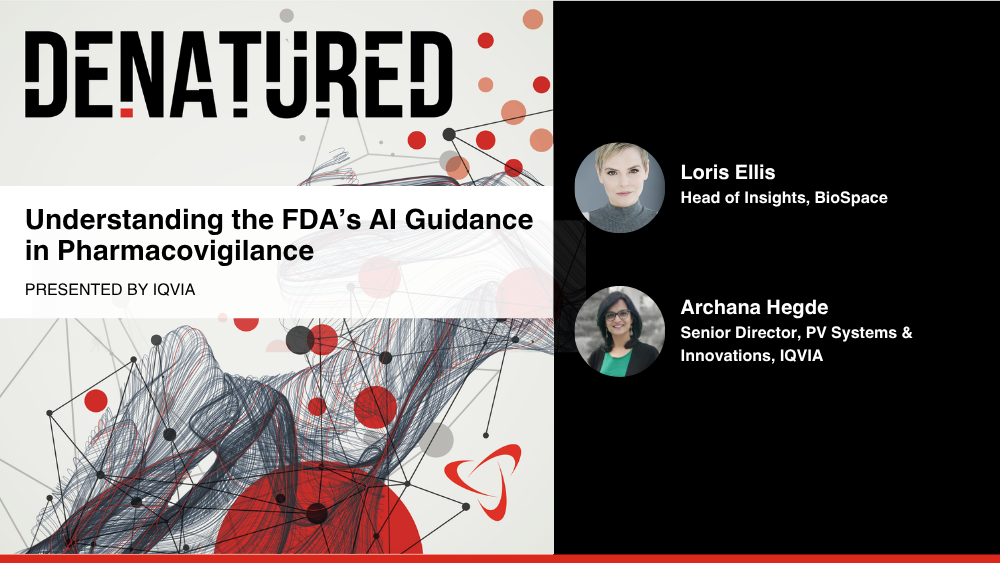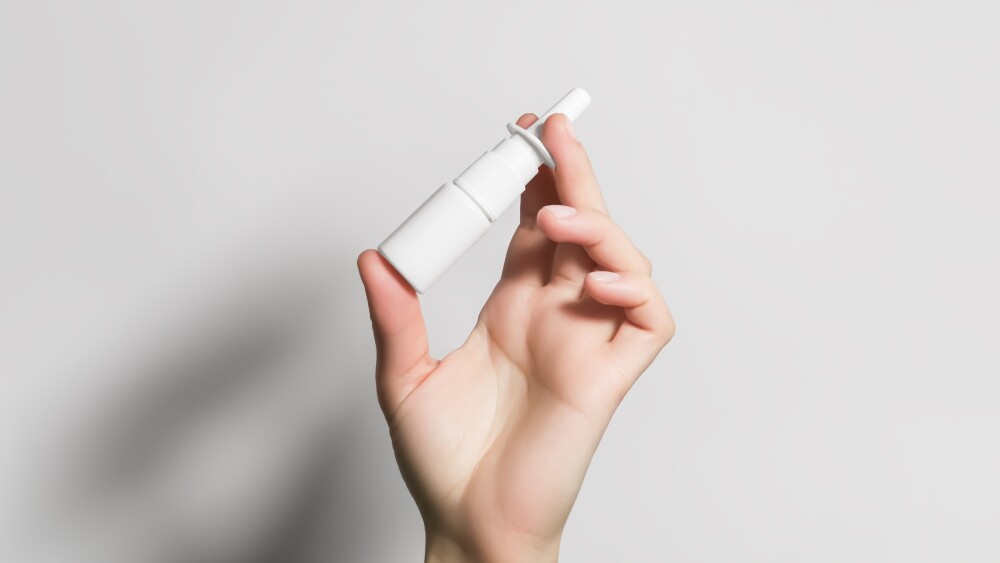August 14, 2017
By Mark Terry, BioSpace.com Breaking News Staff
Three times is not the charm. New York-based Ophthotech Corporation announced that its Fovista (pegpleranib) failed yet another Phase III clinical trial.
The trial evaluated Fovista in combination with Eylea (aflibercept) or Avastin (bevacizumab) anti-VEGF therapy compared to Eylea or Avastin alone in patients with wet age-related macular degeneration (AMD). Fovista did not show any measurable benefit.
“We express our sincere appreciation to the patients and clinical investigators and their staffs for their dedication to completing this third Phase III clinical trial of Fovista in combination with anti-VEGF therapy,” said Glenn Sblendorio, Ophthotech’s chief executive officer and president, in a statement. “This outcome does not affect our strategy as the Company moves forward with multiple ongoing or planned clinical programs in orphan retinal diseases coupled with multiple ongoing or planned clinical trials in back of the eye indications.”
In December 2016, the company announced that its two pivotal Phase III clinical trials of Fovista in combination with Lucentis (ranibizumab) compared to Roche ’s Lucentis monotherapy for wet age-related macular degeneration failed to hit their primary endpoints.
In January 2017, the company responded by cutting about 80 percent of its staff. As of January 31, 2016, the company employed 116 full-time employees. The January 2017 announcement indicated it would cut 125 to 135 staffers, which would leave 20 to 30 remaining.
Nor were the December failures or the recent failure the only ones. In September 2016, Regeneron Pharmaceuticals reported a midstage combination trial with anti-PDGF beta rinucumab with Eylea also failed to show an improvement over Eylea as a monotherapy. Regeneron’s Phase II CAPELLA trial also indicated that patients receiving the combination therapy had more adverse events.
At the time, The Motley Fool’s Brian Feroldi wrote, “While this study did not involve Ophthotech’s lead compound Fovista—itself an anti-platelet-derived growth factor (anti-PDGF) agent—the markets now have a renewed worry that anti-PDGF treatments may not improve upon the current standard of care. Given that a lot of Ophthotech’s $1.5 billion market valuation hinges on the future success of Fovista, investors are selling off shares on the news.”
They sure are. Ophthotech is currently trading for $2.63. Shares traded on September 21, 2016 for $58.50 and on December 9, 2016 for $38.77. On December 12, 2016 shares dropped to $5.29 and never recovered.
John Carroll, writing for Endpoints News, notes that Novartis paid “$330 million in upfront and near-term milestones to partner on [Fovista], with the total deal package weighing in at $1 billion-plus.”
The early failures destroyed the company’s market cap, which is now at around $91 million.
In the current study, which involved 640 patients, patients who received the combination treatment read an average of 9.42 more letters on a standard visual acuity chart after a year than they could at the beginning of the trial. Patients who received one of the other two drugs, could read 9.04 letters. This meant an average improvement of 0.38 letters, which isn’t statistically significant.
Because of this failure, Ophthotech plans to halt treating patients who were entering the second year of the study.
Ben Fidler, writing for Xconomy,said, “The news all but seals the fate of pegpleranib, which had a chance to become a mainstay treatment in a large and growing market. AMD affects more than 2 million Americans, a number expected to grow to nearly 5.5 million by 2050 as the population ages, according to the National Eye Institute. About 10 to 15 percent of those patients have the wet form, when abnormal blood vessels form in the eye and leak fluid, ultimately causing potentially significant vision loss.”





